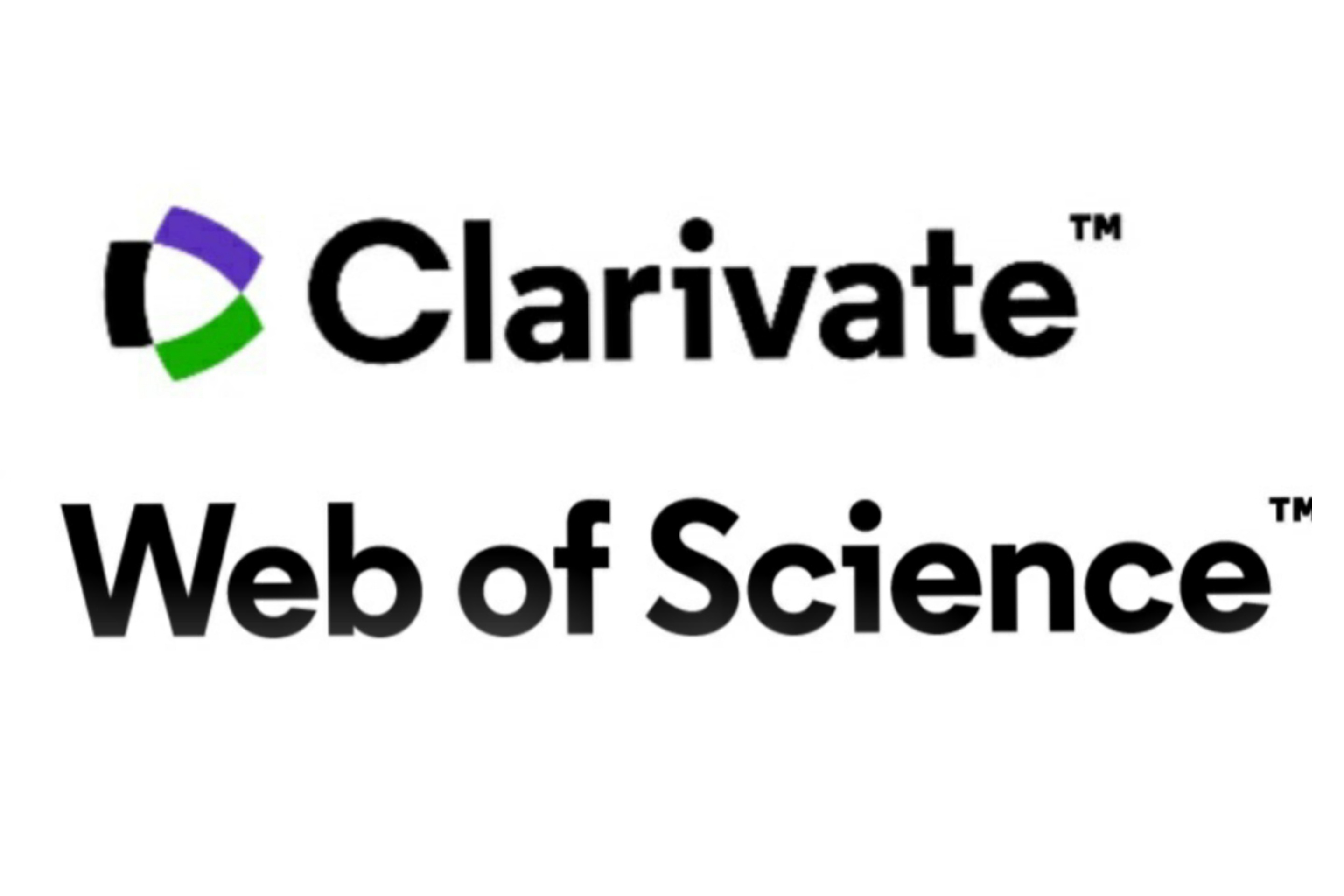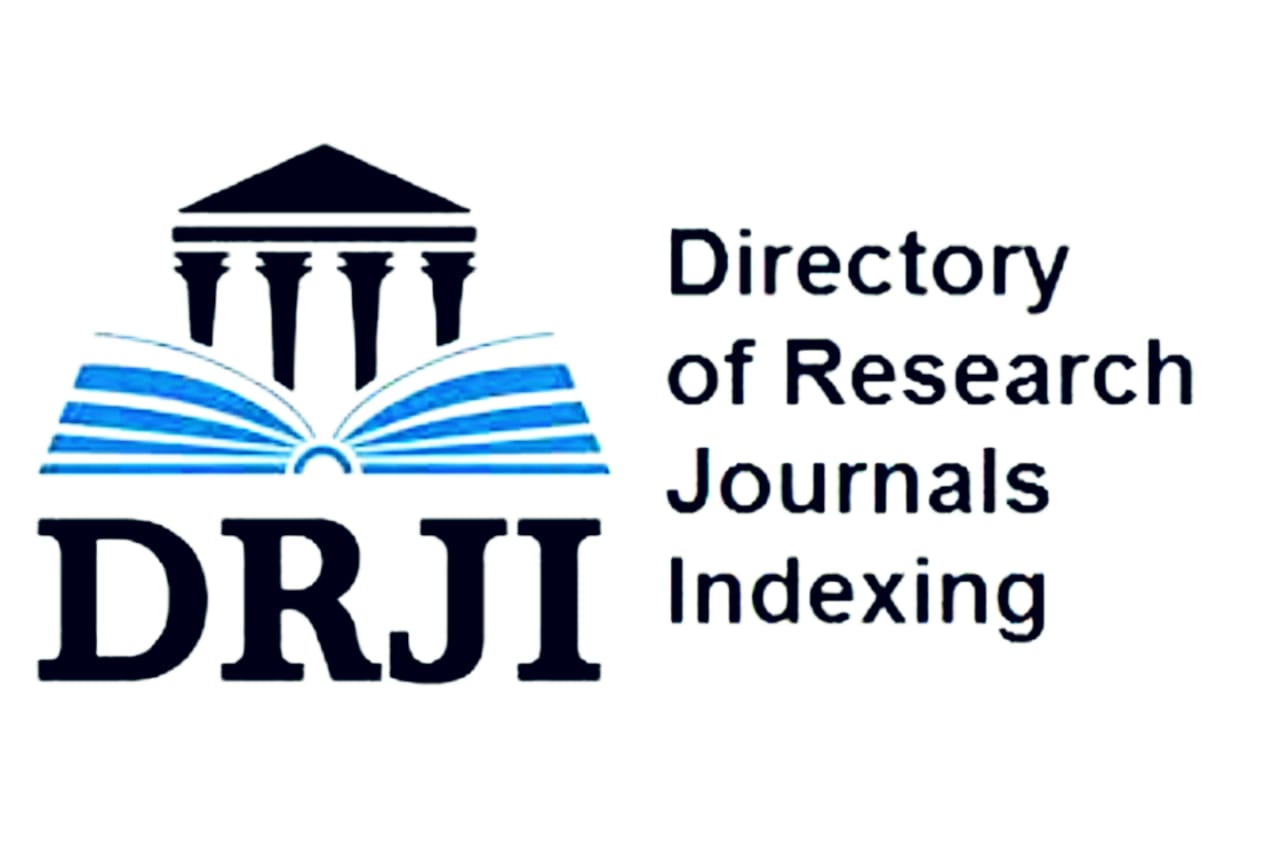Mare's milk as a source of biologically active immunoglobulins: a review of scientific data
DOI:
https://doi.org/10.26577/IJBCh20251817Abstract
Mare's milk is a valuable source of biologically active immunoglobulins (Ig), which play a key role in passive immune defense. Unlike cow's milk, it contains a high concentration of IgG, IgA and secretory IgA, which makes it promising for functional nutrition and therapeutic use. Mare's milk immunoglobulins have a high affinity for pathogens, help neutralize viruses, bacteria and toxins, and modulate the immune response of the mucosa. Of particular interest is their association with lactoferrin, which enhances their antimicrobial and anti-inflammatory properties. Modern studies confirm the effectiveness of mare's milk immunoglobulins in the prevention of gastrointestinal infections, allergic reactions and inflammatory diseases. Due to its high digestibility and low allergenicity, it is considered an alternative to cow's milk for infant and dietary nutrition. Promising directions include the creation of "immune-enriched products" based on mare's milk and the use of its immunoglobulins in biomedicine, including the creation of probiotics and drugs for correcting the microbiota. This review summarizes the current knowledge on the structure, functions, and practical applications of mare's milk immunoglobulins, emphasizing their potential in nutrition and clinical practice.
Keywords: mare's milk, immunoglobulins, biologically active peptides, whey proteins
Downloads
How to Cite
Issue
Section
License
Copyright (c) 2025 International Journal of Biology and Chemistry

This work is licensed under a Creative Commons Attribution-NonCommercial-NoDerivatives 4.0 International License.
ааа
















